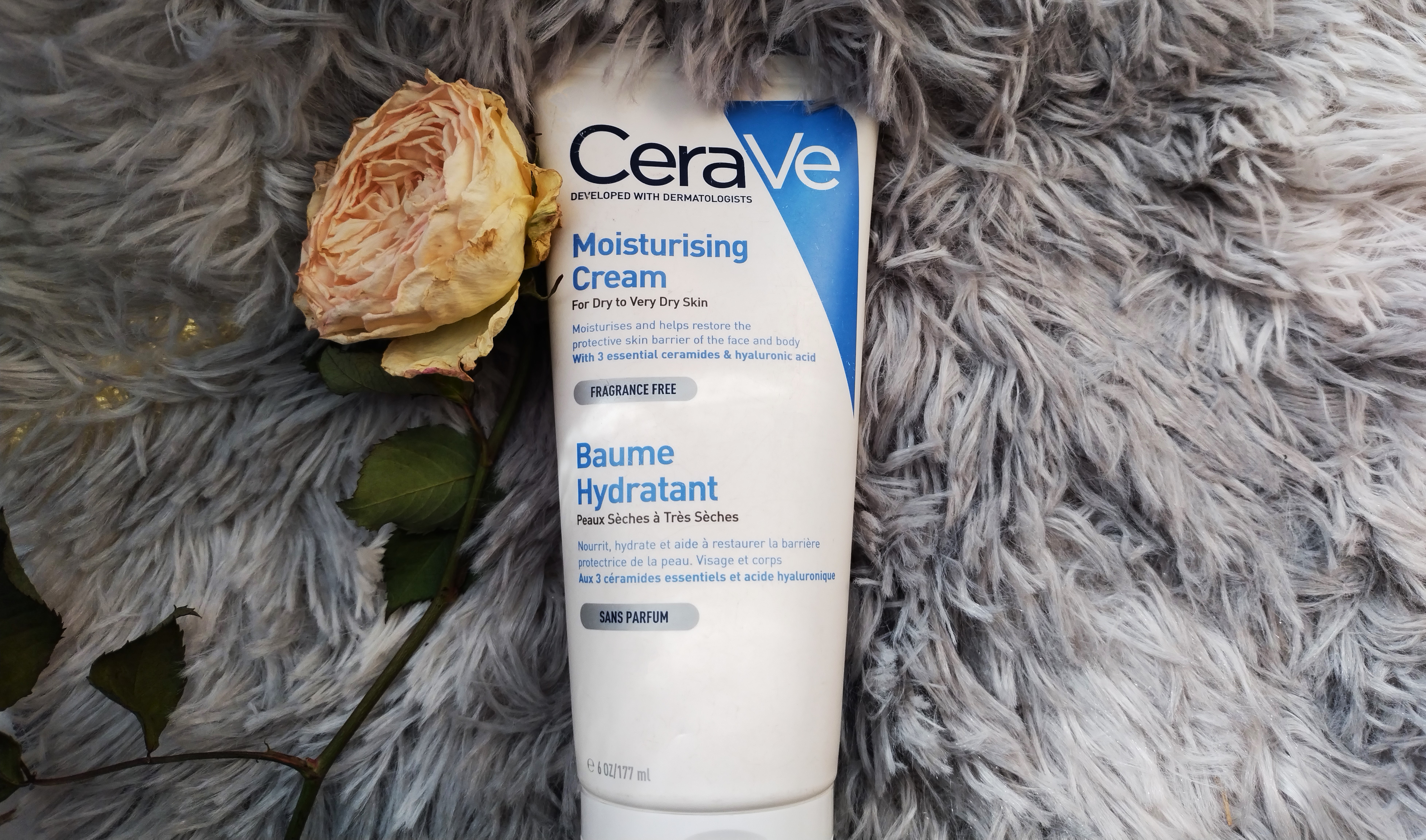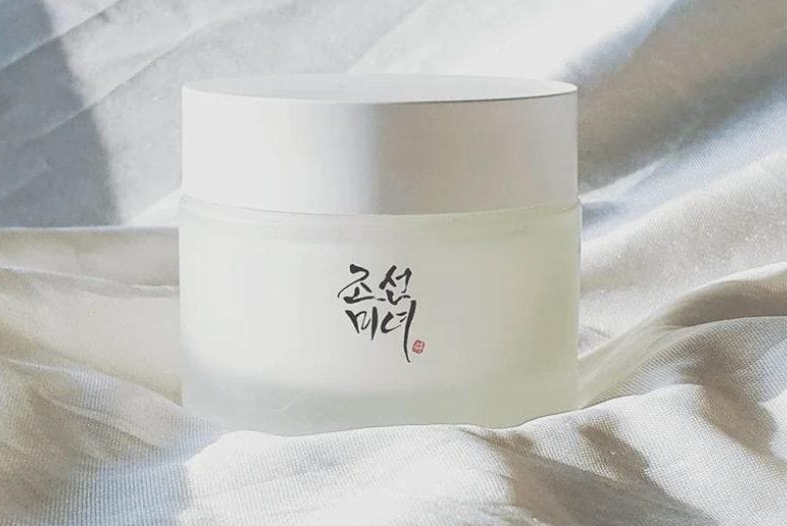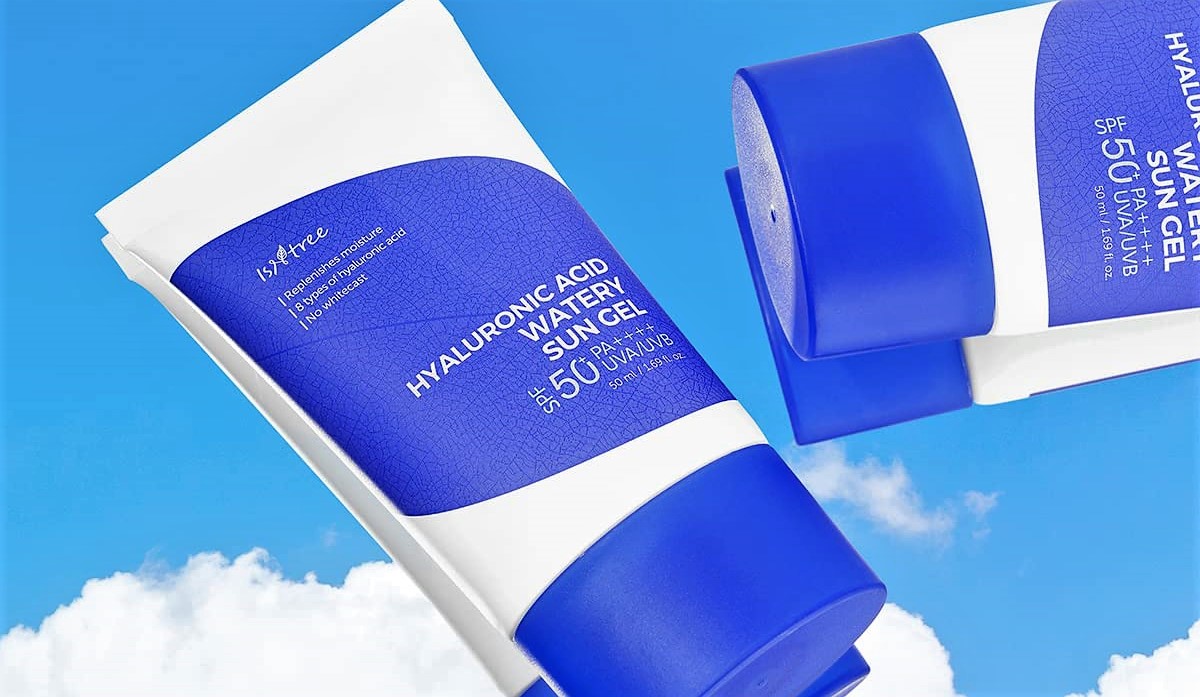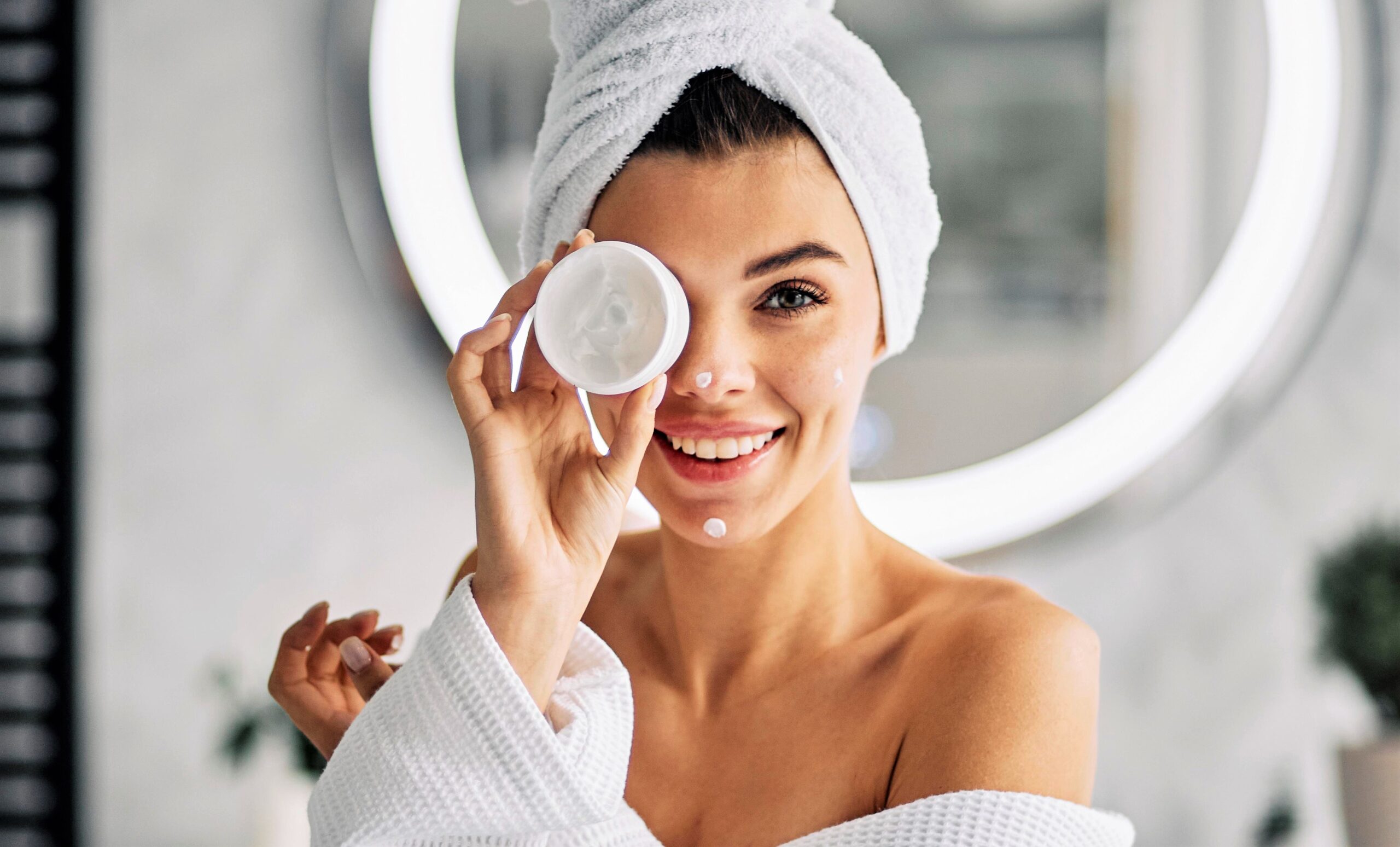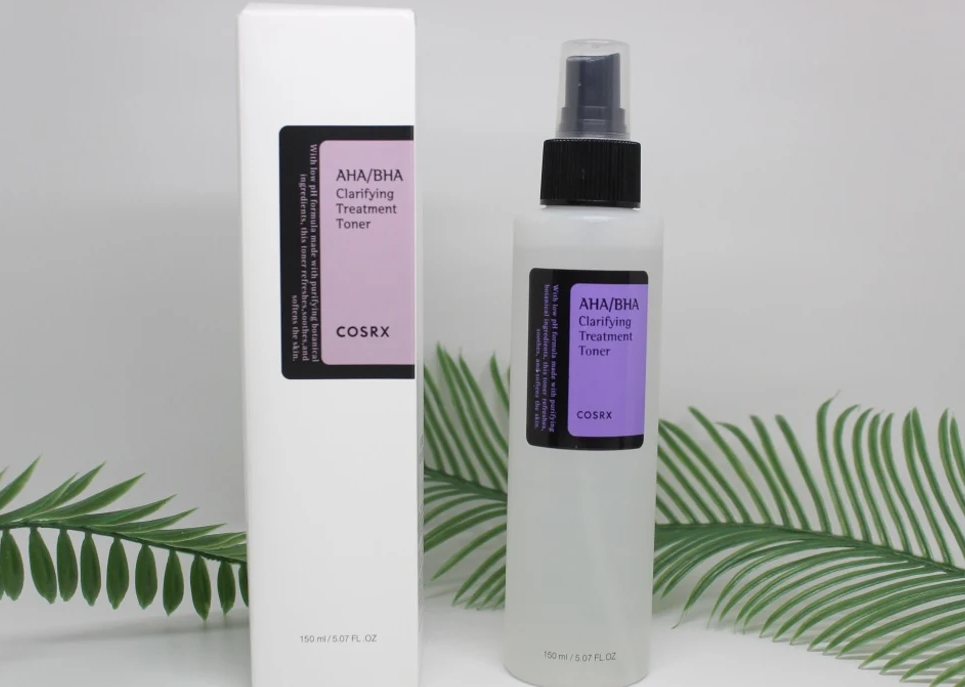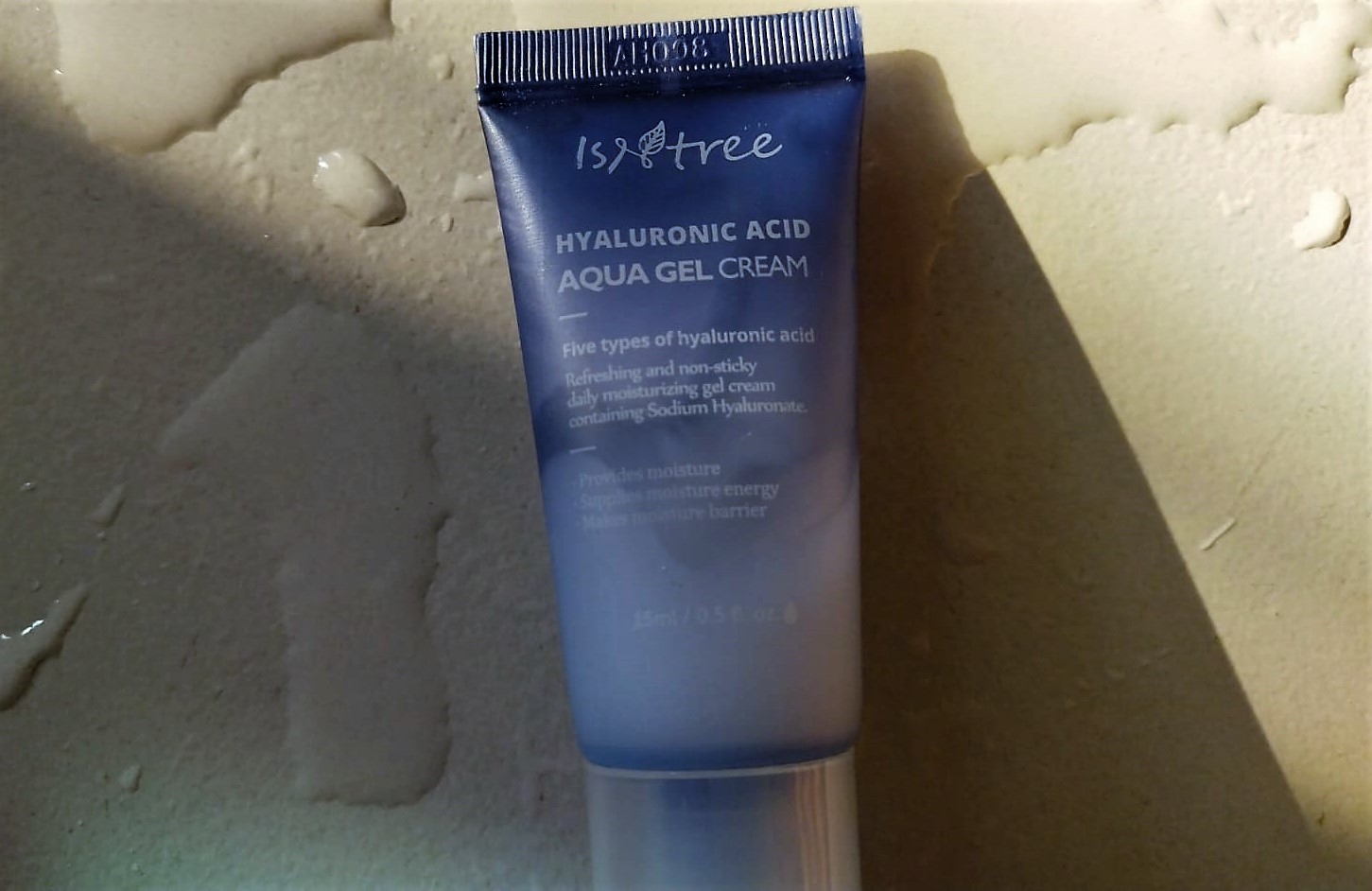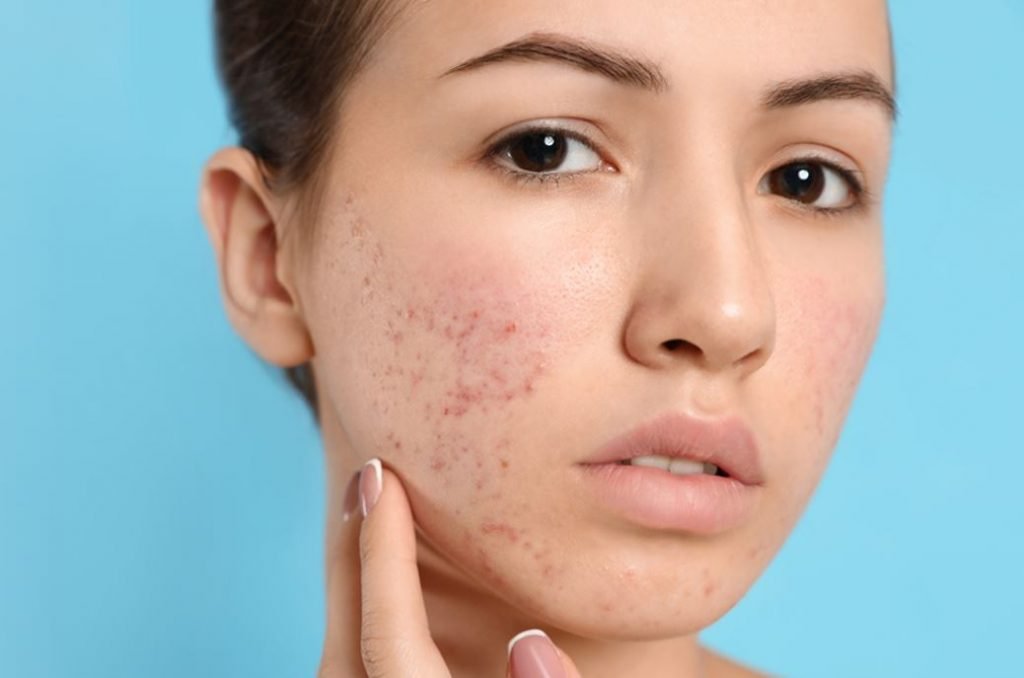
Introduction:
Acne scars are an unpleasant reminder of our acne struggles. The good news is that their effects on our self-esteem and confidence are temporary. There are numerous methods to eliminate acne scars, and I am here to share my personal experience. In this article, we will examine the various forms of acne scars, their causes, and the available treatments. In addition, we will discuss acne scar prevention and the psychological impact of acne scars. Let’s uncover how to reclaim our skin!
Understanding Acne Scars:
Before we jump into the treatments, let’s first understand what acne scars are and what causes them.
Types of Acne Scars–
There are several types of acne scars, including:
- Atrophic scars: These are flat, shallow depressions that heal below the skin’s surface.
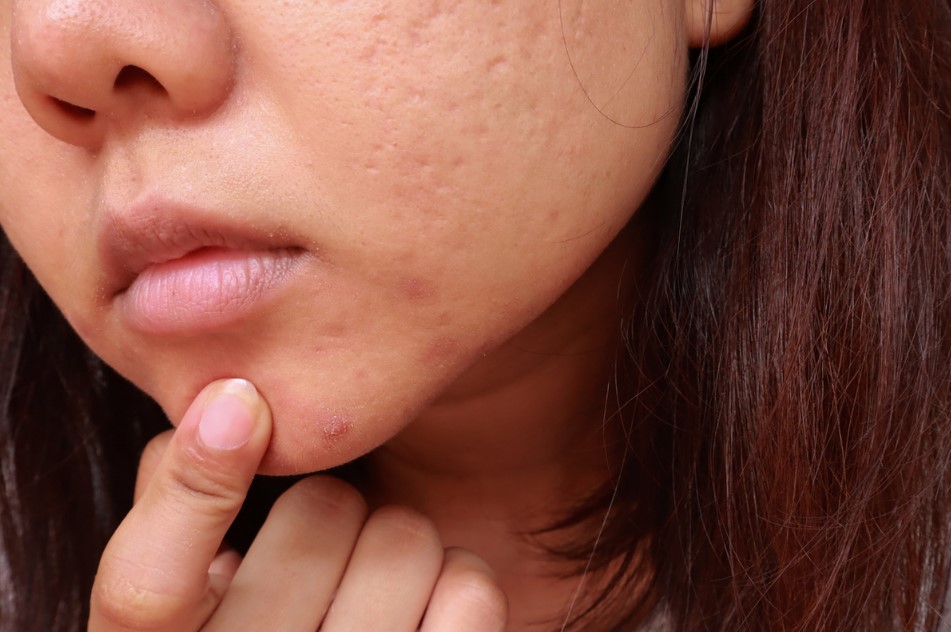
- Hypertrophic scars: These are raised, thickened scars that form above the skin’s surface.

- Keloid scars: These are thick, raised scars that extend beyond the original wound area.
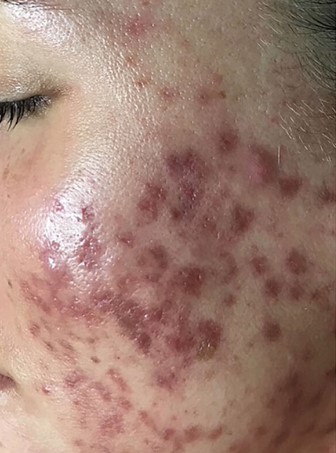
Causes of Acne Scars:
Acne scars are mostly caused by the skin’s reaction to the inflammation that happens during an acne breakout. When a pore gets clogged with oil, dead skin cells, and germs, it can cause an inflammatory reaction that leads to a pimple. This inflammation can hurt the surrounding skin cells and its collagen structure.Here are some factors that contribute to the development of acne scars:
- Severity of acne: Severe acne, such as cystic or nodular acne, is more likely to cause scarring due to the higher level of inflammation and damage to the skin’s structure.
- Picking and popping: Manipulating acne lesions by picking or popping them can increase the inflammation and the risk of scarring. It’s essential to resist the urge to pick at your acne to minimize the chances of scarring.
- Genetic predisposition: Some individuals may have a genetic predisposition to developing acne scars. If your family members have a history of scarring, you may be more prone to developing scars as well.
- Delayed treatment: Delaying treatment for active acne can increase the likelihood of scarring. Addressing acne breakouts as soon as they occur and seeking professional help for persistent acne can help reduce the risk of scars.
- Skin type: People with darker skin tones may be more prone to developing hyperpigmentation, a type of acne scarring characterized by dark spots or patches left behind after an acne lesion has healed.
My Personal Experience with Acne Scars:
As a teenager, I struggled with severe acne, which left me with atrophic scars on my cheeks and temples. It took me years to find the right combination of treatments that worked for my skin. Along the way, I discovered the importance of patience, persistence, and a positive attitude.
salicylic acid and retinoid worked for me!
Effective Ways to Get Rid of Acne Scars:
There are various treatment options available to help reduce the appearance of acne scars. Here are some methods that you can try:
Over-the-Counter Treatments:
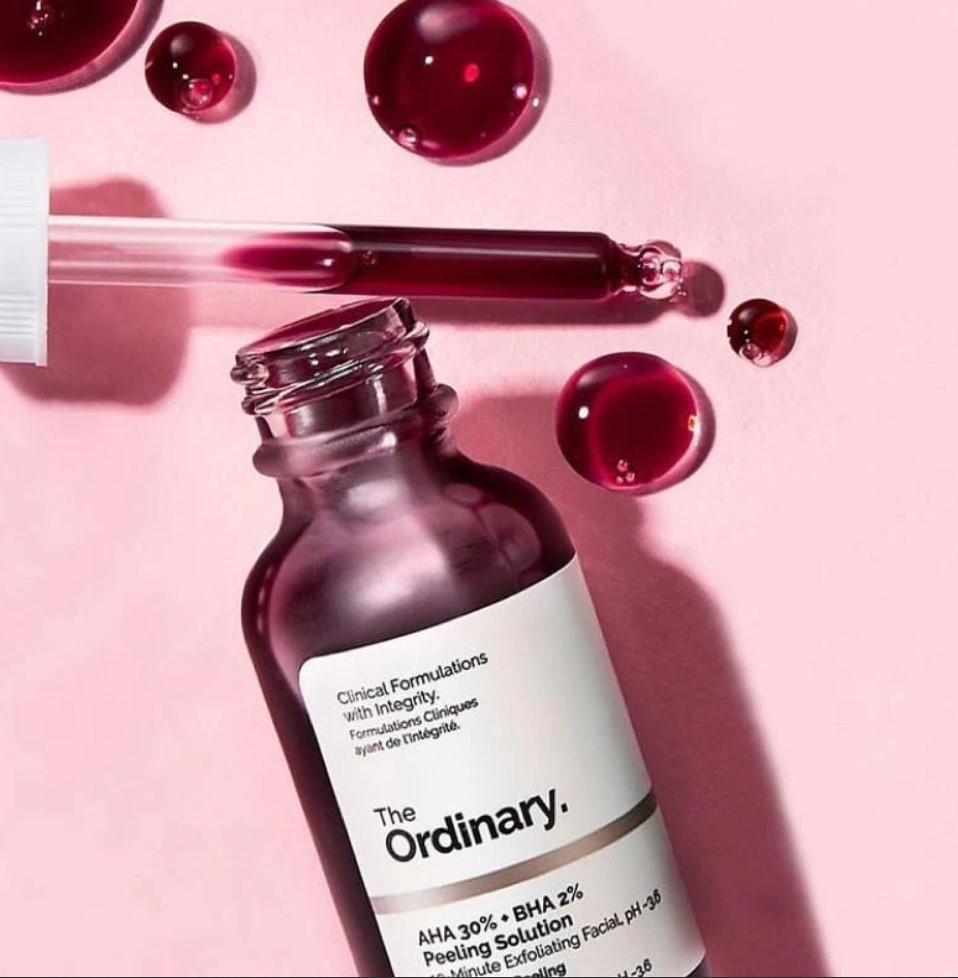
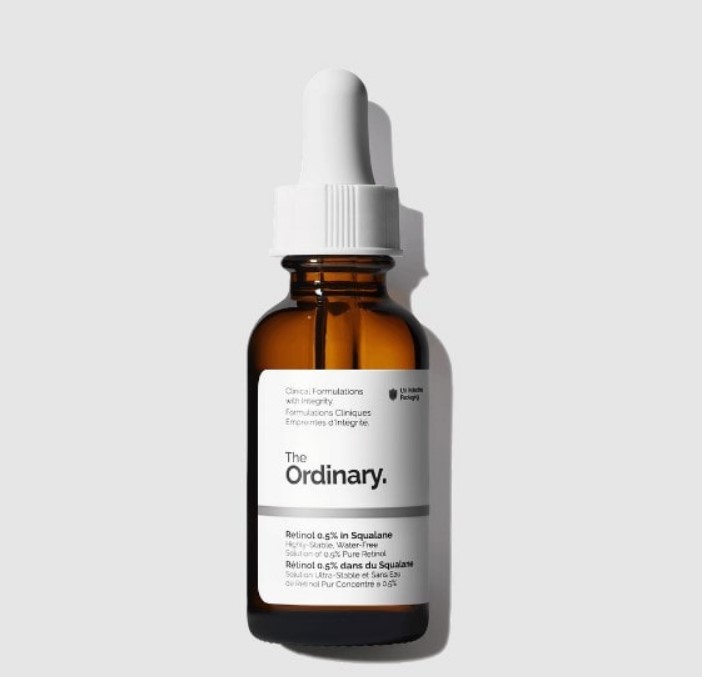
- Topical creams and gels: Products containing retinoids, alpha-hydroxy acids, or salicylic acid can help stimulate collagen production and cell turnover, reducing the appearance of scars.
- Chemical peels: These can help exfoliate the top layer of the skin, revealing a smoother surface underneath.
Home Remedies:
- Aloe vera: Aloe vera has anti-inflammatory properties that can help soothe the skin and promote healing.
- Apple cider vinegar: Diluted apple cider vinegar can help exfoliate the skin and reduce the appearance of scars.
Professional Treatments:
- Microneedling: This procedure involves puncturing the skin with tiny needles to stimulate collagen production and promote healing.
- Laser therapy: Lasers can be used to resurface the skin and improve its texture, reducing the appearance of scars.
- Dermal fillers: Injectable fillers can be used to temporarily fill in atrophic scars, making them less visible.
Preventing Acne Scars:
Preventing acne scars is just as important as treating them. Here are some ways to minimize the risk of scarring:
Proper Skincare Routine
Establish a daily skincare routine that includes cleansing, exfoliating, and moisturizing. Choose products that are suitable for your skin type and avoid ingredients that may cause irritation or breakouts.
Avoiding Picking and Popping
Resist the urge to pick at or pop your acne, as this can lead to inflammation and increase the risk of scarring.
Seeking Professional Help
If you’re struggling with persistent acne, consult a dermatologist for personalized advice and treatment options.
The Emotional Impact of Acne Scars
Acne scars can take a toll on our emotional well-being. It’s essential to acknowledge the emotional impact and seek support from friends, family, or a mental health professional if needed.
Building Confidence While Treating Acne Scars
While you’re working on getting rid of your acne scars, focus on building your confidence and self-esteem. Remember that your worth is not defined by your skin’s appearance, and there’s more to you than your scars.
Conclusion:
Acne scar removal can be a lengthy process, but it is possible to attain smoother, healthier-looking skin with perseverance and the right combination of treatments. Along the process, don’t forget to exercise self-love and patience. Remember that you are not alone on this voyage, and there is hope for everyone who is struggling with acne scars!
FAQs:
- Q: How long does it take for acne scars to fade? A: The time it takes for acne scars to fade depends on the type and severity of the scars, as well as the treatment methods used. Some scars may fade within a few months, while others may take years to improve.
- Q: Can I use makeup to cover acne scars? A: Yes, makeup can be used to temporarily conceal acne scars. Opt for non-comedogenic makeup products that won’t clog your pores or cause further breakouts.
- Q: Will acne scars go away on their own? A: Some mild acne scars may fade over time without treatment, but moderate to severe scars typically require intervention to see significant improvement.
- Q: Is it safe to try multiple acne scar treatments at once? A: It’s best to consult a dermatologist before combining treatments, as some methods may not be compatible and could cause skin irritation or other adverse effects.
- Q: How can I prevent acne in the first place to avoid scarring? A: Maintain a proper skincare routine, avoid picking or popping acne, and seek professional help if you have persistent acne that doesn’t respond to over-the-counter treatments.

